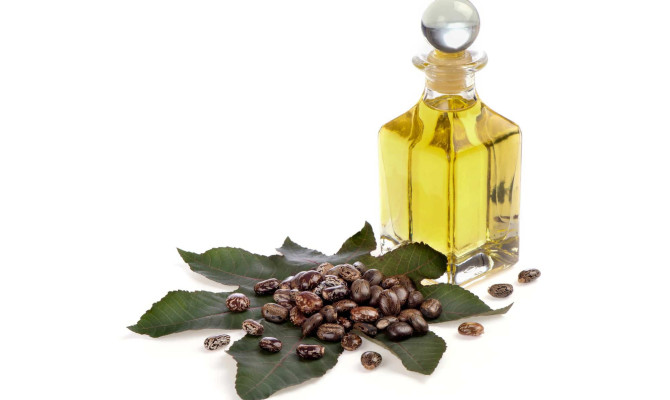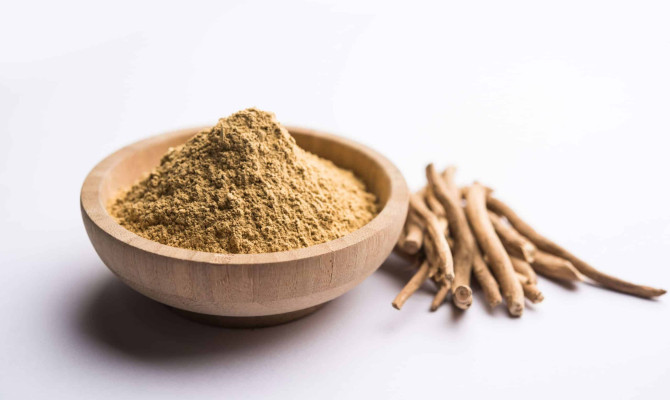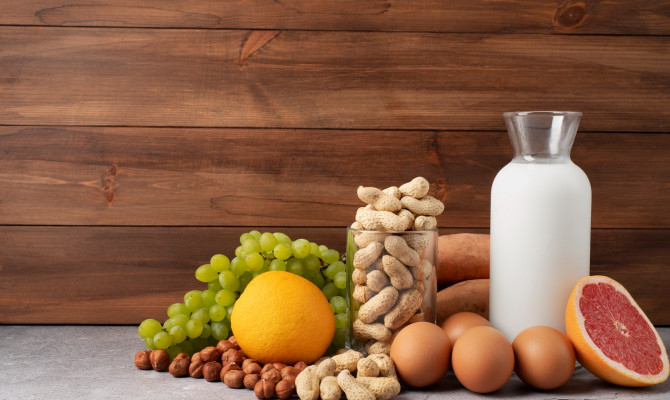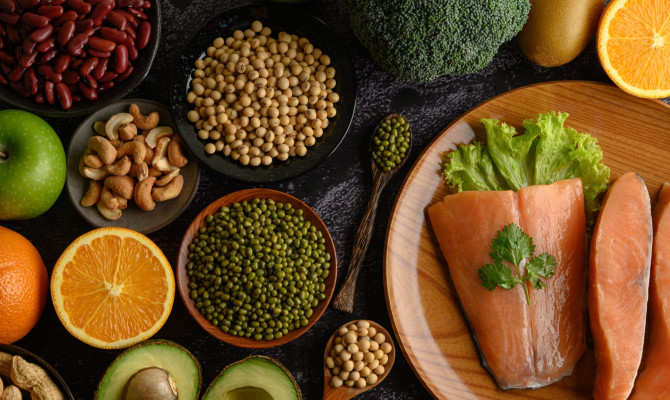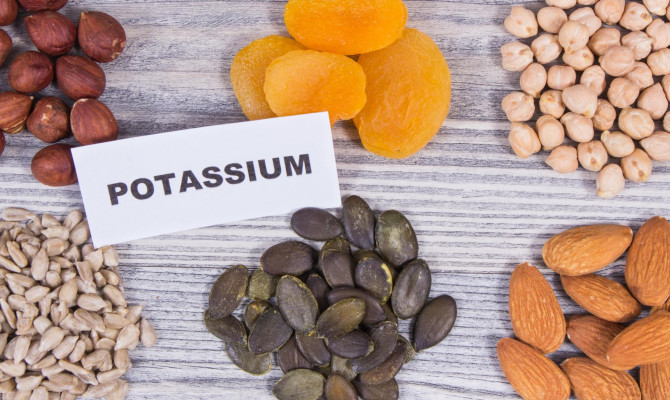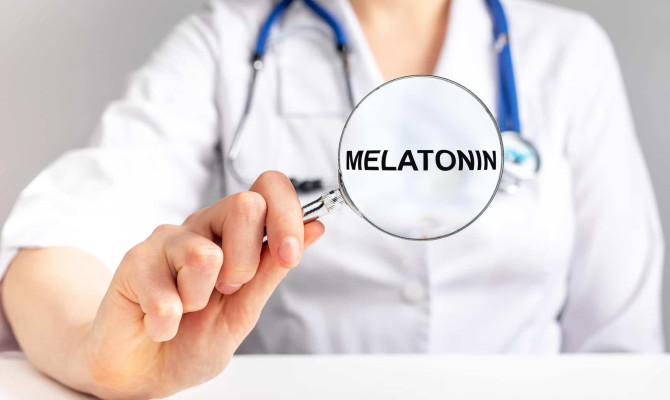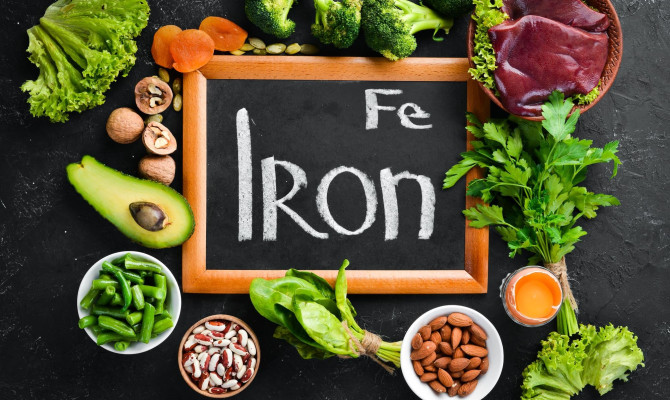Curcumin: What do I need to know?

- Curcumin
- 16 Aug 2023
Overview
What is curcumin ?
The active component and natural pigment curcumin is located in the turmeric plant’s root. It belongs to the curcuminoid family. In addition to being a popular food ingredient and coloring agent, curcumin has also demonstrated some medicinal properties.
Curcumin comes from turmeric, a spice that has been frequently used in Middle Eastern and South Asian cooking as well as in traditional medicine for ages. One of the natural items with the most research on it is curcumin, which has been shown to have many biological benefits. 1Overview | Researched based study from Nlm.nih.gov
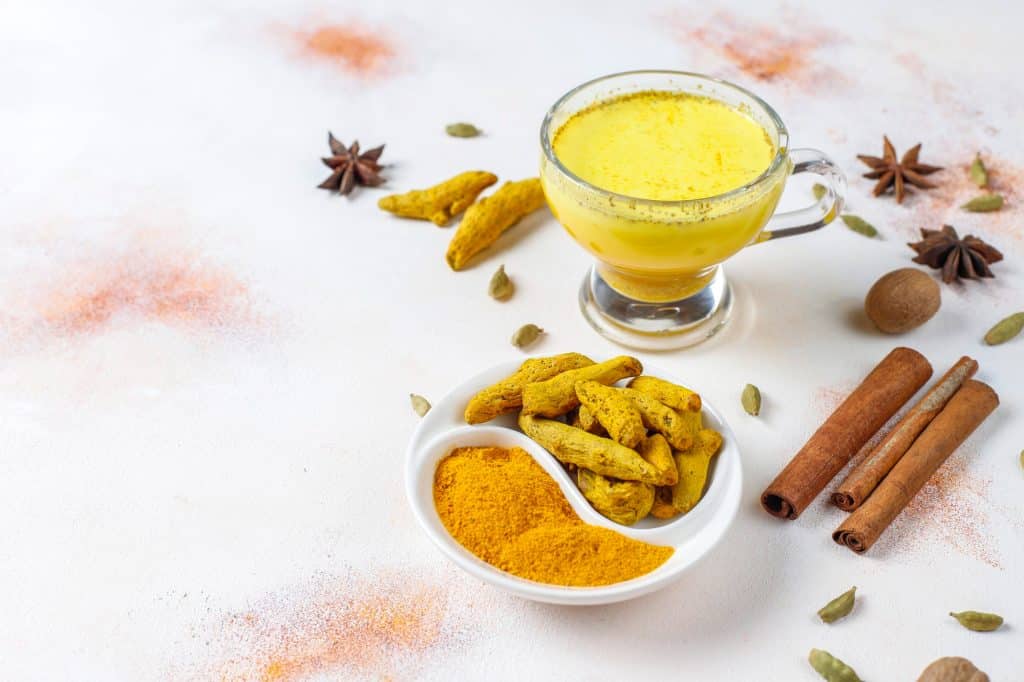
Facts
Facts on Curcumin
- Due traditional Ayurvedic and Chinese medicine.
- According to studies, curcumin may help reduce the signs and symptoms of anxiety and depression.4Facts | Researched based study from Nlm.nih.gov
- Lowering inflammation to its beneficial effects on health, turmeric has been used for ages in and raising cholesterol levels may also assist in enhancing heart health.1Facts | Researched based study from Nlm.nih.gov
- Curcumin might also aid in reducing inflammation and discomfort brought on by exercise, which would improve recuperation and performance in athletes.
- Due to its low bioavailability, which is thought to be mostly a result of poor absorption, a quick metabolism, and a quick elimination, ingesting curcumin does not result in the related health advantages.1Facts | Researched based study from Nlm.nih.gov
- When combined with black pepper or taken in a lipid-based form, it can improve the body’s absorption .
Benefits
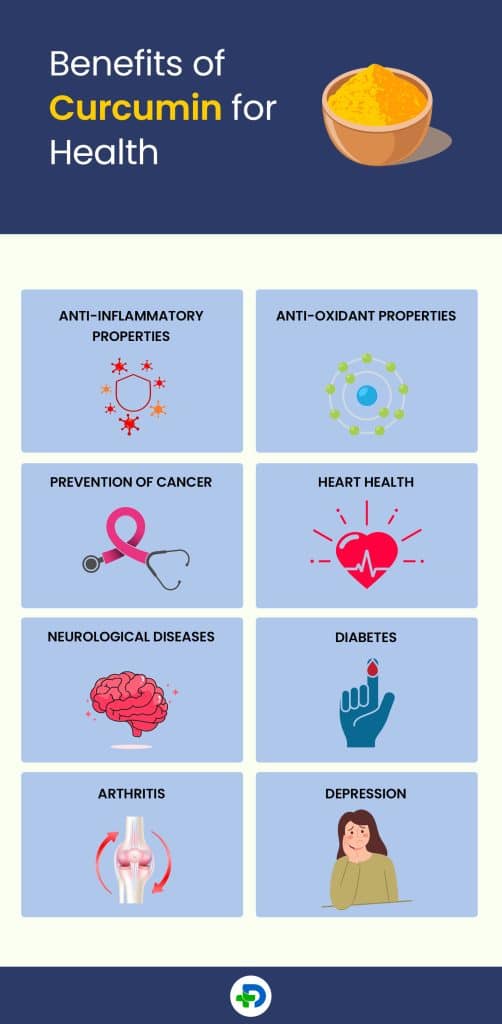
Benefits of Curcumin for Health
Anti-inflammatory properties
- Since curcumin has been demonstrated to have anti-inflammatory properties, it might aid in lowering inflammatory levels in the body.1Benefits | Researched based study from Nlm.nih.gov
Anti-oxidant properties
- Due to its anti-oxidant characteristics, it can aid in preventing cell deterioration brought on by free radicals.
- Like vitamin E, curcumin is a lipophilic compound, which makes it more effective as a free radical scavenger.
Prevention of cancer
- According to the research, it might have anti-cancer effects and could stop the growth and spread of cancer cells.2Benefits | Researched based study from Nlm.nih.gov
- Whether used alone or in conjunction with other substances, this polyphenol molecule may prove to be a potent cancer treatment.
Heart health
- It has been shown that curcumin may enhance heart health by lowering inflammation and lowering cholesterol levels.1Benefits | Researched based study from Nlm.nih.gov
- Various evidence suggests that curcumin appears to have an impact on lowering the development and progression of atherosclerosis in addition to having a favorable impact on major risk factors for Cardio Vascular diseases.
Neurological diseases
- By lowering inflammation and oxidative stress, research indicates that it may help reduce the risk of Alzheimer’s disease and other brain diseases.4Benefits | Researched based study from Nlm.nih.gov
Diabetes
- In people with diabetes, curcumin may enhance insulin sensitivity and blood sugar regulation.1Benefits | Researched based study from Nlm.nih.gov
Arthritis
- The most prevalent form of arthritis is osteoarthritis, a degenerative joint condition.
- Since it has anti-inflammatory properties, lowers osteoarthritis pain. According to the research, people getting NSAIDs and supplements containing curcumin experienced roughly the same level of relief, but curcumin had fewer negative effects.5Benefits | Researched based study from Nlm.nih.gov
Depression
- Curcumin elevated the mood by increasing the levels of dopamine and serotonin (known for creating a happy mood).
Side effects
Side effects of curcumin
Digestive disorders
- Supplements containing high amounts of curcumin may result in stomach cramps, nausea, and diarrhea.
Allergic responses
- Curcumin may cause allergic responses in some people, including skin rashes, hives, or breathing difficulties.
Pregnancy and breastfeeding
- It is advised against using supplements during pregnancy or nursing because there is insufficient data on their safety.
Additional negative effects
- The most common side effects include liver toxicity and headache.3Side effects | Researched based study from Wiley.com
Forms
Forms of curcumin
You can administer curcumin as turmeric, turmeric extracts, virtually pure (95%) curcuminoids, or curcumin by itself. It comes in a variety of forms,
- Dry Powder Mix
- Capsules
- Tablets
- Liquids
Due to the limited absorption and fast auto-degradation of curcumin, various formulations are being developed to promote its availability in the system.
Piperine, a substance found in black pepper that can improve curcumin absorption, may also be present in some supplements.6Forms | Researched based study from Nlm.nih.gov
Dosage
Recommended dosage
The recommended dosage may change depending on the form and the individual’s health situation.
The typical suggested daily dose, given in staggered doses throughout the day, is between 500 mg and 2000 mg. It’s also crucial to remember that the FDA does not regulate supplements containing curcumin, and the quality and strength of accessories can vary widely.6Dosage | Researched based study from Nlm.nih.gov
Recommendations for curcumin intake
Follow the guidelines provided by the manufacturer.
- It’s crucial to take the medication as directed. Depending on the supplement’s efficacy, the dosage may change.
Start with a small dose.
- If you’re starting with curcumin supplements, start with a small dosage and work your way up over time.
Take while eating
- It is more easily absorbed when consumed with a meal that includes healthy fats like avocado or almonds. Additionally, it might lower the possibility of gastrointestinal adverse effects.
Consult a medical expert.
- Before beginning a new supplement, it’s vital to consult a doctor, especially if you have any underlying medical conditions or are taking any drugs.6Dosage | Researched based study from Nlm.nih.gov
Interactions
Interaction with medicines
Blood thinners
- When combined with blood-thinning drugs like warfarin, aspirin, or clopidogrel, curcumin may increase the risk of bleeding.
Antidiabetics
- It could reduce blood sugar levels and interact with diabetes treatments like insulin or oral hypoglycemics.
Hormone Replacement Therapy
- According to studies, curcumin may interfere with the absorption of hormonal drugs and reduce the effect of therapy.7Interactions | Researched based study from Sps.nhs.uk
Drugs for chemotherapy
- It might reduce the efficiency of cancer-treatment medications used in chemotherapy.
Anti-inflammatory drugs
- Certain medications, including corticosteroids, nonsteroidal anti-inflammatory drugs (NSAIDs), and cyclooxygenase-2 (COX-2) inhibitors, may have their anti-inflammatory effects heightened by it.7Interactions | Researched based study from Sps.nhs.uk
Statins
- It might strengthen the cholesterol-lowering benefits of statin drugs, raising the possibility of adverse side effects.7Interactions | Researched based study from Sps.nhs.uk
Takeaway
Key Takeaways
- Curcumin is a promising natural substance with many potential health advantages.
- The metabolic syndrome, arthritis, anxiety, and hyperlipidemia can all be managed with its help. It also helps with oxidative and inflammatory disorders.
- Even though it is typically regarded as safe and well-tolerated, some people may develop side effects.
- To prevent adverse effects, taking the supplements as directed is necessary
Any feedback on this article?
 This Articles content was accurate
This Articles content was accurate Very Informative Article
Very Informative Article I have a question or a comment
I have a question or a comment
 This article contains inaccurate content
This article contains inaccurate content This article was not helpful
This article was not helpful I have a question or a comment
I have a question or a comment
We appreciate your helpful feedback!
Checkout our social pages
References
-
National Library of Medicine
Curcumin: A Review of Its’ Effects on Human Health | Overview | Facts | Benefits
-
National Library of Medicine
Curcumin and Cancer | Benefits
-
Wiley Online Library
The dark side of curcumin | Side effects
-
National Library of Medicine
Curcumin and neurological diseases | Benefits
-
National Library of Medicine
Efficacy of Turmeric Extracts and Curcumin for Alleviating the Symptoms of Joint Arthritis: A Systematic Review and Meta-Analysis of Randomized Clinical Trials
-
National Library of Medicine
Biological activities of curcuminoids, other biomolecules from turmeric and their derivatives – A review | Forms | Dosage
-
Specialist Pharmacy Service
Advising patients using turmeric on its potential interactions












